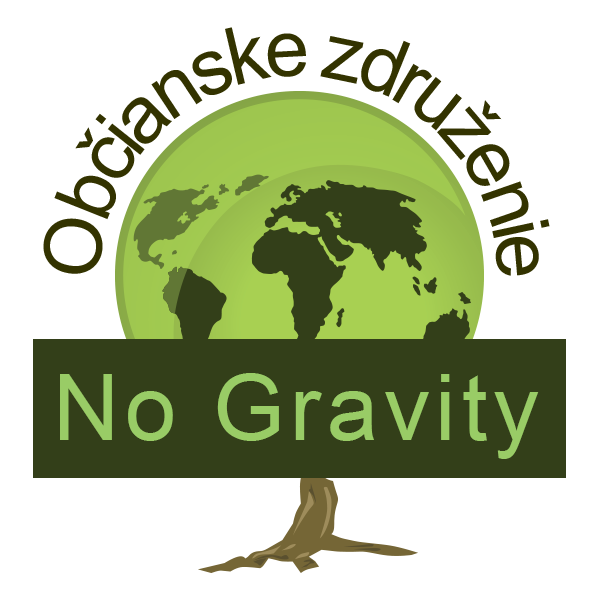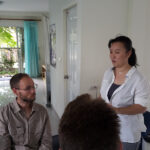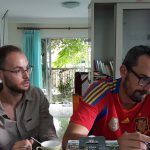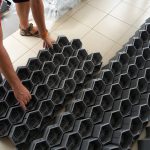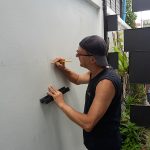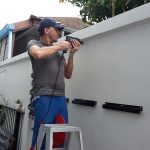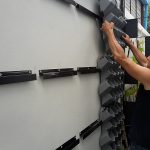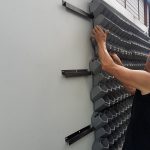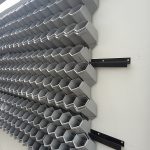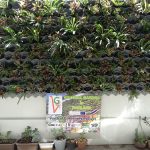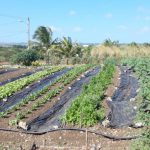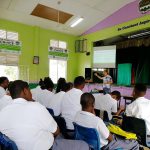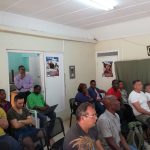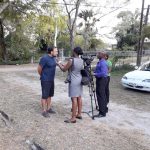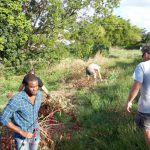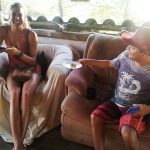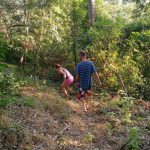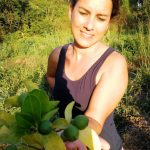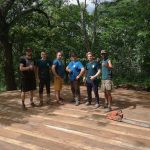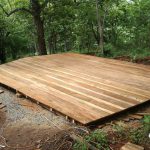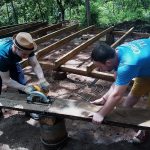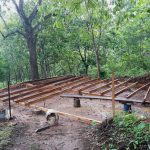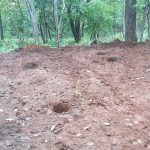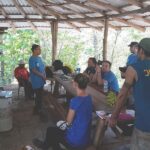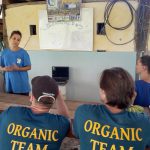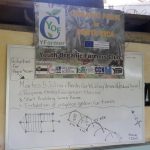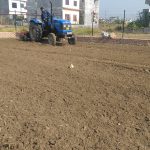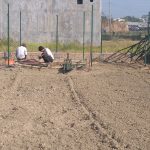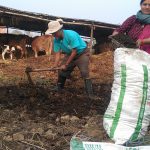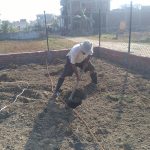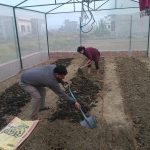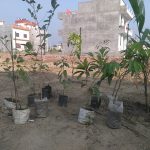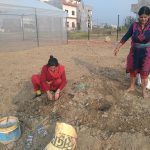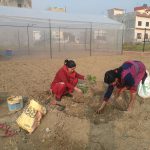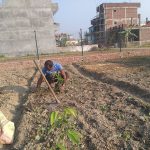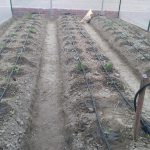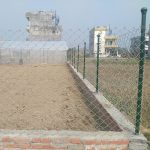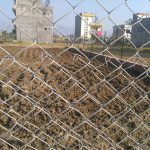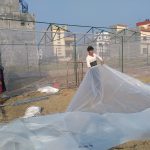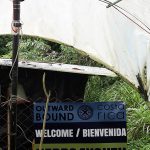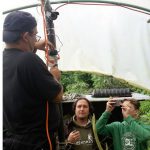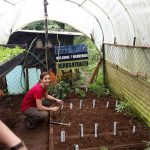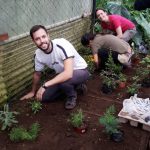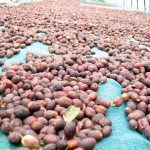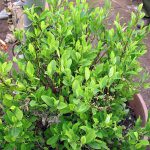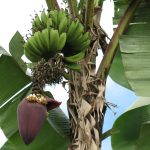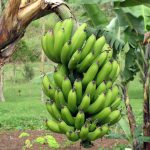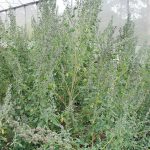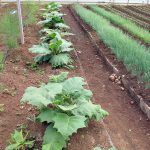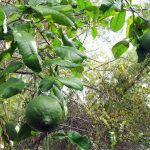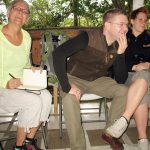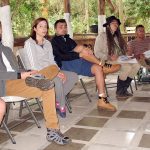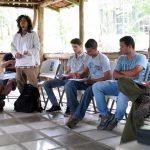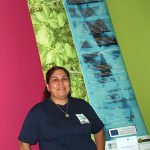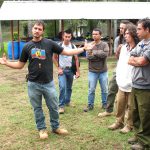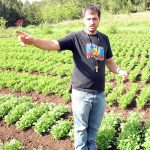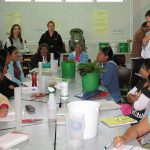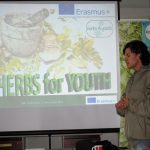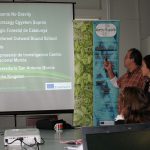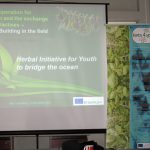-
Youth & Communities

Vertical Gardeners Project
Start of the project: December, 2018
End of the project: December, 2020
Key Action: Cooperation for innovation and the exchange of good practices
of 4 Pilot Vertical Gardens and training centres in 4 regions:
- Thailand (A)
- Mauritius (ACP)
- Brazil (LA)
- Costa Rica (ACP)

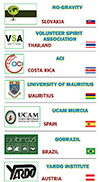
- NO-GRAVITY, Slovakia
- VOLUNTEER SPIRIT ASSOCIATION, Thailand
- ACI, Costa Rica
- UNIVERSITY OF MAURITIUS, Mauritius
- UCAM MURCIA, Spain
- GOBRAZIL, Brazil
- YARDO INSTITUTE, Austria
Project YFarmer
The project consortium identified interesting types for non-formal learning and training in the field of organic farming that will lead to improvement of youth work and their access to the labour market and better self-identification in the society.
The project consortium will develop, test and implement innovative non-formal learning and training of youth in the field of organic farming (Communal Organic Gardens, Organic Camps) through international mobility at different types of organizations and using innovative approach that will help disseminate outcomes of the project within the ACPALA region. <read more>
Project Herbs4Youth
Herbs4Youth, Costa Rica 2016
Project AGROEN
On 17-18 March 2017, representatives of organizations from Romania, Slovak Republic, Austria, Nepal and Brazil organized the Kick-off meeting of the project “Energize the Agriculture – Young Entrepreneurs for Rural Development”, or shortly AGROEN, co-financed by the Erasmus+ KA2 Programme.
The project is implemented by Banat University of Agricultural Sciences and Veterinary Medicine “King Michael the 1st of Romania” from Timisoara as the coordinator, The Romanian Sustainable Energy Cluster – ROSENC, OBCIANSKE ZDRUZENIE NO GRAVITY (Slovak Republic), CERE – Center of Excellence for Renewable Energy, Energy Efficiency and Environment (Austria), GoBrazil and Campaign for Change-Nepal.
The overall objective of the project is to increase the productivity and competitiveness of small and medium-scale farmers in Nepal and Brazil. The project aims to teach Youth workers, who in turn will teach young people from their communities, to start small businesses in agriculture or to boost their already existing businesses by using renewable energy sources in agriculture in order to increase productivity. They will be taught to assemble simple water pumping and irrigation systems using photovoltaic panels and to cultivate energy crops which will provide energy for their farmhouses.
During the project, curricula and teaching-learning material will be prepared, tested and adapted for 2 different countries and natural environments: Nepal, with mountain landscape and Brazil, with both forest vegetation and semi-arid regions. Agroen incubators and training centres will be created in these two countries, where local young people will be learn to construct simple equipment for the farms and will be able to start small agribusiness. These incubators will be endowed with systems which functioning can be observed and components which will be used to teach young people to construct renewable energy based agricultural equipment. Also local trainers will be trained, in order to teach other young people at the incubators. <read more>
